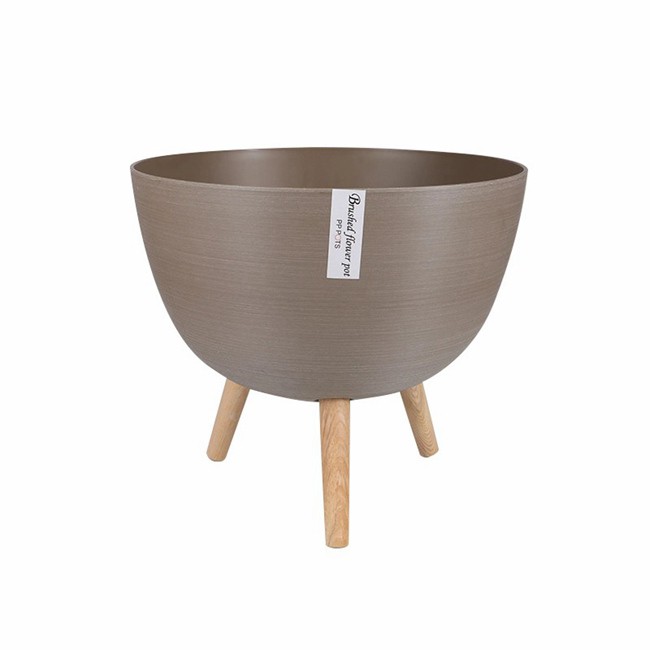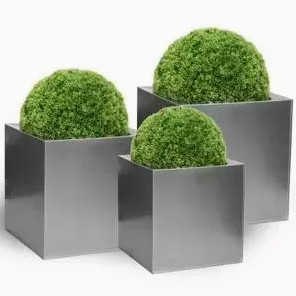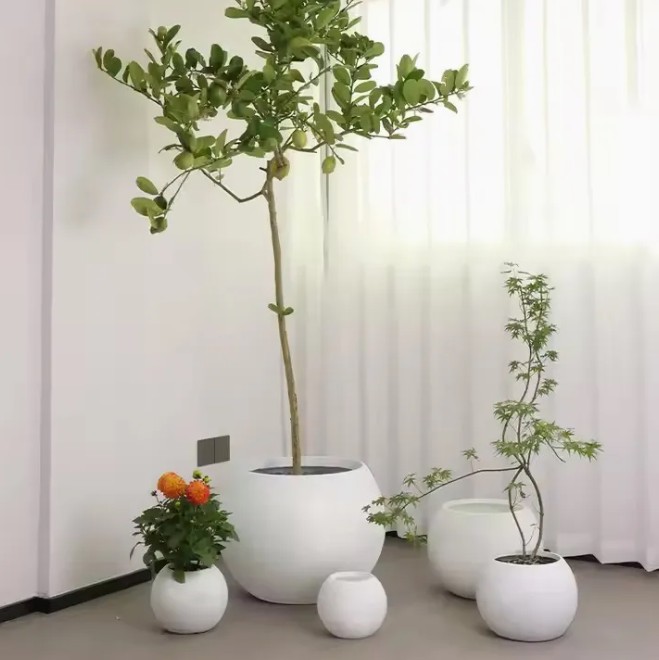Welcome!
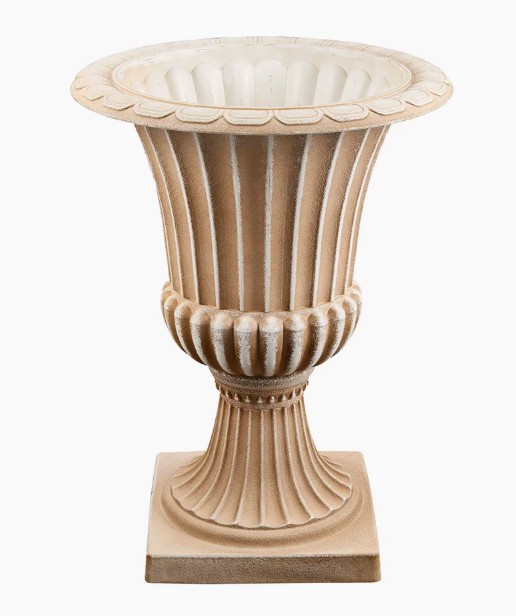

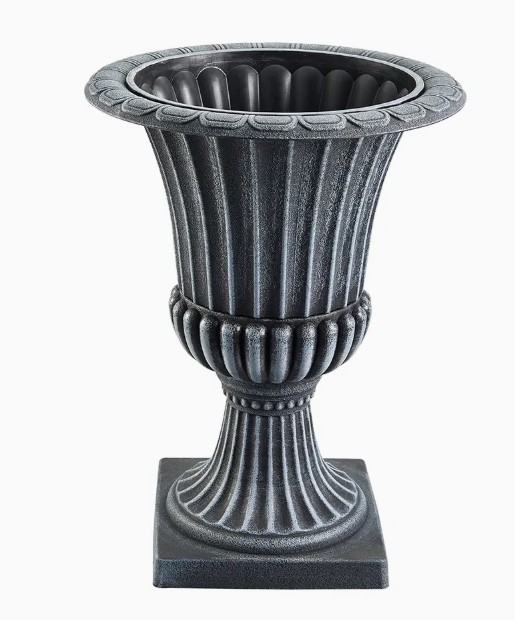
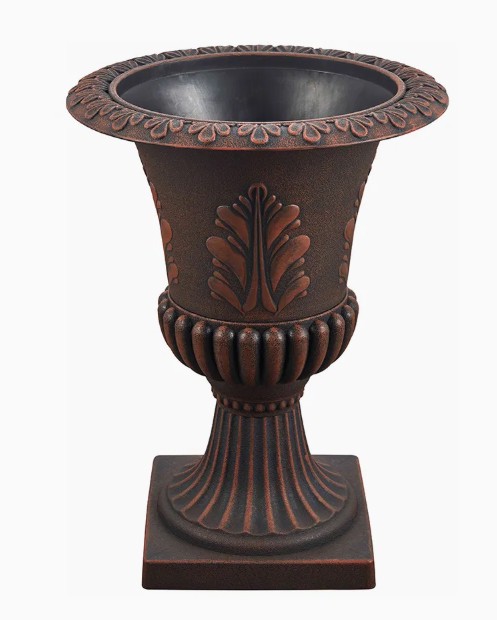
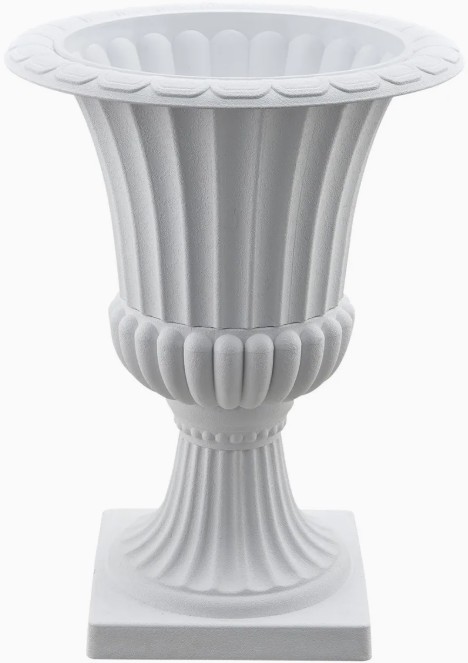
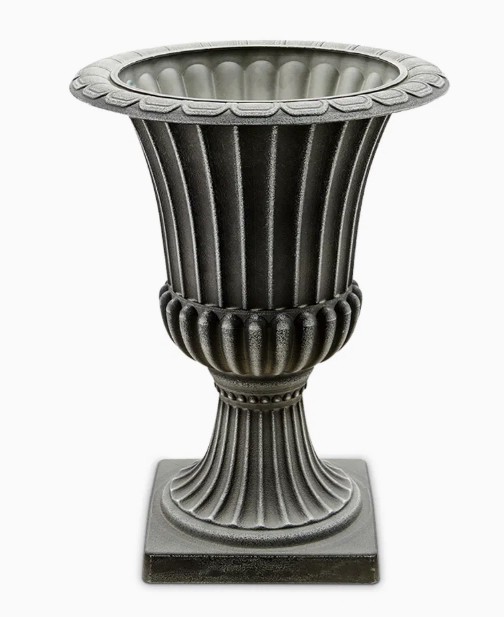
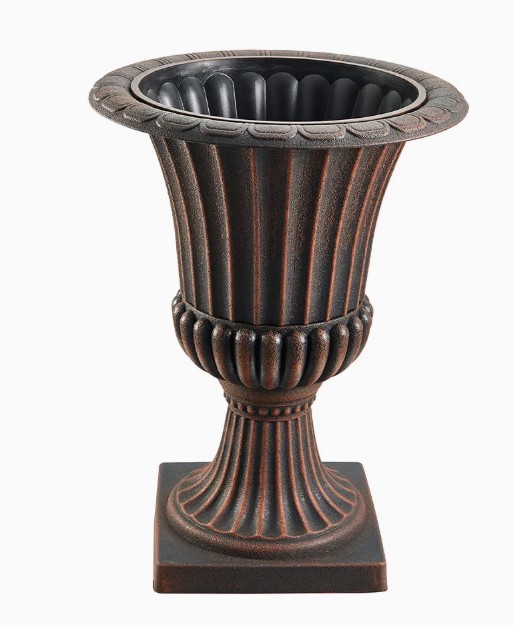
Transform Your Garden with the Perfect Garden Pots: A Guide to Enhancing Outdoor Spaces
Basic Info
| Applicable | Flowers/Plants | Application Scene | Home Gardening | Model NO. | KD2961-KD2963 |
|---|---|---|---|---|---|
| Origin | China | Production Capacity | 2000PCS/Day | Production Method | Mechanical |
| Shape | Urn | Size | Medium | Specification | 2 Sizes |
| Style | Simple | Transport Package | Bulk Into Carton | Use Type | Floor Type |
Product Description
Garden pots are essential tools for any gardening enthusiast, providing both aesthetic and practical benefits for growing plants. Whether you're looking to cultivate colorful flowers, delicious herbs, or lush greenery, choosing the right garden pot can significantly impact your gardening success. In this comprehensive guide, we’ll explore the features, advantages, and various uses of garden pots, helping you select the ideal choice for your outdoor space.

What Are Garden Pots?
Garden pots, also known as planters, are containers designed to hold plants and provide them with a suitable environment to grow. These pots come in a wide range of materials, sizes, and styles, making them versatile enough for any type of garden from a small balcony to a sprawling backyard. The right garden pot not only supports the healthy growth of your plants but also adds a decorative touch to your garden or patio.

Key Features and Benefits of Garden Pots
1. Durability: Garden pots are made from various materials such as plastic, terracotta, ceramic, wood, and metal. Each material offers different benefits such as the lightness of plastic pots, the natural aesthetic of terracotta, and the strength of metal. This variety ensures that there is a pot to suit every climate and gardening need.
2. Drainage: One of the most important features to look for in a garden pot is proper drainage. Plants require adequate drainage to avoid root rot and ensure healthy growth. Many garden pots are designed with drainage holes at the bottom, allowing excess water to escape and preventing the soil from becoming waterlogged.
3. Versatility: Garden pots can be used for a wide variety of plants, including flowers, vegetables, shrubs, and even small trees. Their flexibility makes them suitable for different types of gardening setups from indoor plant arrangements to outdoor container gardens.
4. Aesthetic Appeal: Beyond their functional role, garden pots come in an array of styles, colors, and designs, making them a decorative addition to your garden. Whether you're looking for rustic charm or modern minimalism, there’s a pot that will complement your garden’s aesthetic.
5. Portability: Unlike traditional in-ground gardening, garden pots offer the advantage of portability. You can move them around to take advantage of sunlight, create different arrangements, or relocate plants to protect them from extreme weather conditions.

Common Uses and Applications
Garden pots are versatile and can be used in a variety of ways:
1. Container Gardening: Perfect for those with limited space such as apartment balconies or small patios.
2. Herb Gardens: Ideal for growing herbs in a controlled environment such as a sunny kitchen window.
3. Flower Displays: Use garden pots to display a wide range of colorful flowers, enhancing the visual appeal of your garden.
4. Vegetable and Fruit Growing: Garden pots are also great for growing vegetables and fruits like tomatoes, peppers, or strawberries.
5. Indoor Gardening: Many garden pots are designed for indoor use, adding a natural touch to your home decor.

Frequently Asked Questions About Garden Pots
1. What size garden pot should I use for my plant?
The size of the pot depends on the plant’s root system and growth potential. As a general rule, choose a pot that is 2-4 inches larger in diameter than the plant’s current container to allow for healthy root expansion.
2. Can I use garden pots for outdoor trees?
Yes, garden pots can be used for small trees or shrubs, but it’s important to select a pot that is large enough to accommodate the tree’s root system. Ensure that the pot has good drainage and consider using a heavier material like ceramic or concrete to prevent the pot from tipping over.
3. How do I ensure proper drainage in my garden pot?
Choose pots that have drainage holes at the bottom. If your pot doesn’t have drainage holes, you can drill some yourself. Additionally, placing a layer of gravel or small stones at the bottom of the pot can improve drainage.
4. Are there specific pots for indoor plants?
Yes, there are pots designed specifically for indoor use. These pots often come with built-in saucers to catch excess water and protect your indoor surfaces from damage. They also tend to have better insulation to keep the roots warm.
5. Can garden pots withstand winter weather?
Some garden pots, especially those made from terracotta, ceramic, or stone, may crack in freezing temperatures. If you live in an area with cold winters, consider using frost-resistant pots or bringing your plants inside during the coldest months.

Conclusion
Garden pots are an indispensable tool for any gardening enthusiast. They not only provide a practical solution for growing plants but also enhance the beauty of your outdoor or indoor space. With various materials, sizes, and designs available, there’s a perfect garden pot for every type of plant and garden setup. Whether you’re a seasoned gardener or a beginner, investing in the right garden pots can lead to healthier plants and a more vibrant garden.

Recommended Products
Recently Viewed
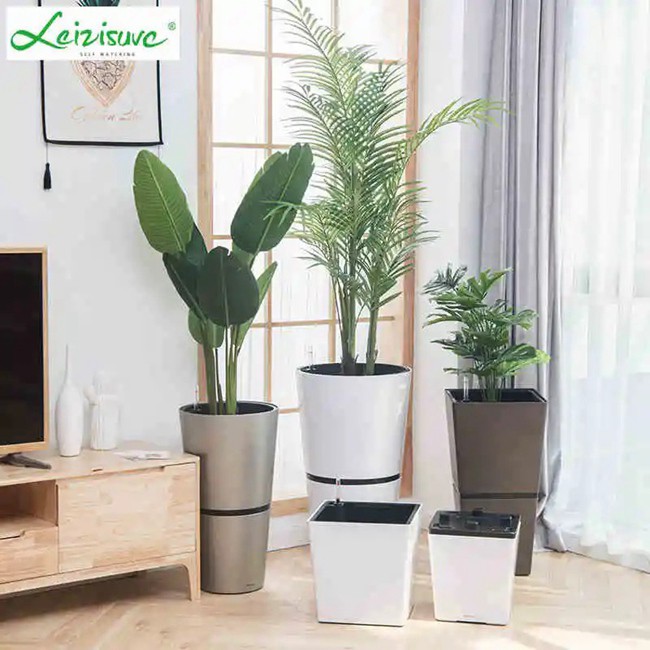 Wholesale Ceramic Decorative Planters with Customizable Colors
Wholesale Ceramic Decorative Planters with Customizable Colors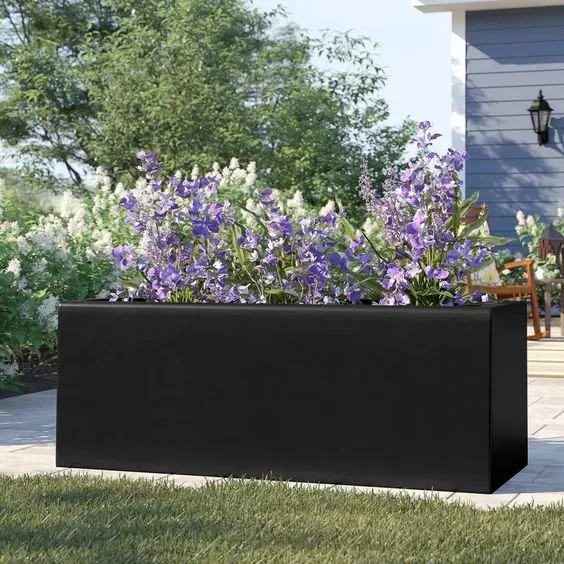 Factory Price Wholesale of Black Fiberglass Garden Planting Boxes
Factory Price Wholesale of Black Fiberglass Garden Planting Boxes Transform Your Garden with the Perfect Garden Pots: A Guide to Enhancing Outdoor Spaces
Transform Your Garden with the Perfect Garden Pots: A Guide to Enhancing Outdoor Spaces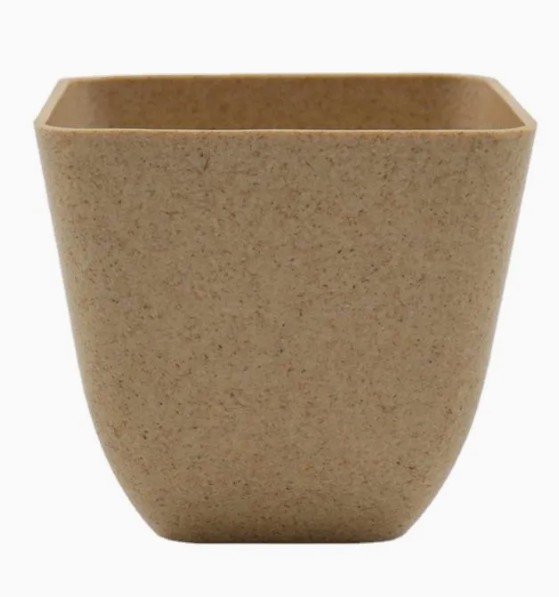 The Ultimate Guide to Garden Pots: Essential Tools for Thriving Plants
The Ultimate Guide to Garden Pots: Essential Tools for Thriving Plants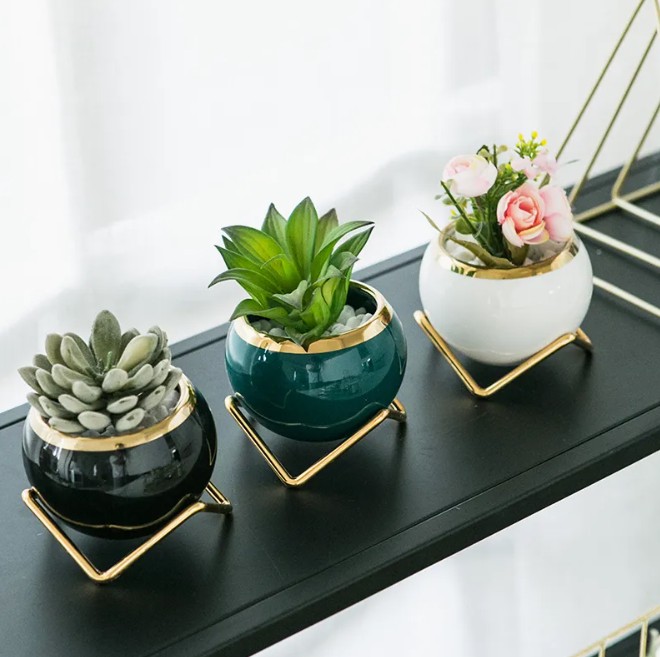 Enhance Your Garden with the Perfect Garden Pots: A Complete Guide
Enhance Your Garden with the Perfect Garden Pots: A Complete Guide
Contact Us
Taizhou Shengerda Plastic Co., Ltd.





